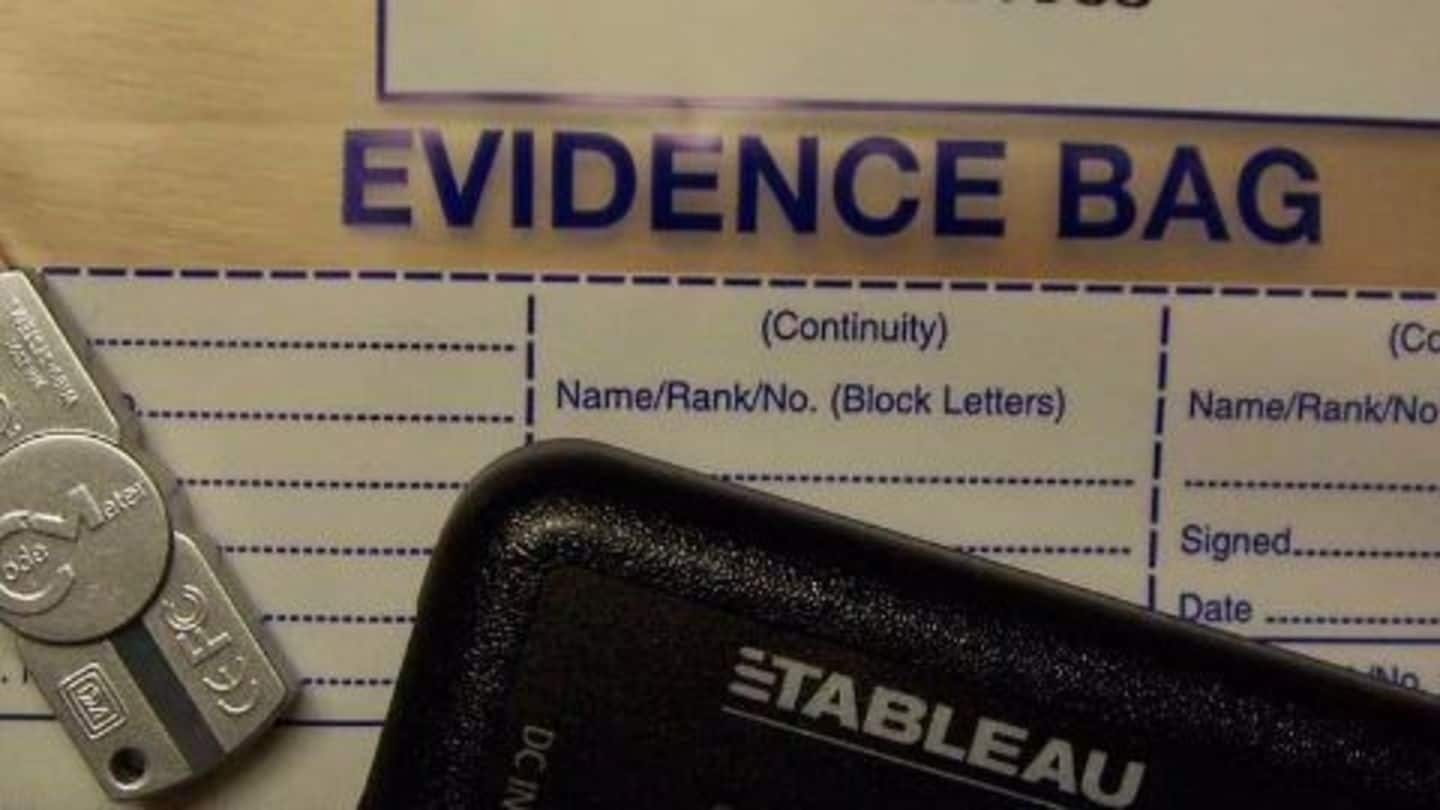
China: Serial-blast suspect dead
What's the story
In a surprising turn of events, the prime suspect for the Guangxi serial-blasts, now identified as Wei Yinyong, has been declared dead according to Xinhua News Agency reports. Wei was among the 10 casualties (initially thought to be 7) of the blasts, and his death was confirmed after his remains had been identified by DNA tests. No other suspects were named in the report.
30 Sep 2015
17 coordinated blasts rock Liuzhou
17 coordinated blasts in southern China's Guangxi Zhuang autonomous region killed 7 people and left 51 injured. 2 people are still missing. The explosions were triggered by parcel bombs. The targets included a prison, a shopping mall, a county government office, a supermarket, a transport station, a hospital, a staff dormitory of an animal husbandry, a vegetable market, and a disease control center.
Do you know?
The peculiar timing of the attacks
The serial blasts of 30 September took place a day before China's National Day (1 October), which also marks the 60th anniversary of the integration of Xinjiang province (where China is battling an Islamist insurgency) as an autonomous province.
Suspects
China rules out terror attack
The Ministry of Public Security said it was viewing the bombings as a criminal act, not terrorism. Initial reports suggested that the perpetrator had been captured, but later reports said he had just been identified. The prime suspect is a 33 year-old man, identified by his surname Wei, from Liucheng Tai Po town. Wei's motive is believed to be revenge over a medical dispute.
Method
Liuzhou authorities tighten security
Zhou Changqing, the police chief of Liuzhou, said that the explosive devices were delivered in several mail packages. It is believed that the suspect, Wei, hired others to courier the bombs for him. The local branch of China Post has been asked to halt all its mail deliveries till 3rd October 2015. The public has been warned not to accept deliveries from unofficial sources.
1 Oct 2015
New blast in Liuzhou after Wednesday's serial-blasts
Less than a day after serial-blasts ripped through the south-western city of Liuzhou in China, another explosion damaged a six storey building in the same city. The blast occurred at around 8AM local time and hit a residential building near a highway administration bureau in Liuzhou, but no casualties were reported according to Xinhua News Agency. It is unknown if the blasts are connected.
Do you know?
Availability of explosives
China's super-strict gun laws make gun crime very rare in China, but China's sprawling mining and fireworks industry makes it relatively easy to obtain explosives. Even Guangxi province, where the serial-blasts took place, has several mines and firework manufacturers.
2 Oct 2015
Possible motives for serial-blasts
Wei Yinyong's brother and father told South China Morning Post that Wei had been frustrated with inaction of local authorities. He had been the manager of Zhihao Stone Quarry since 2003, which was founded by his father-in-law. In 2013, local villagers, angered by frequent explosions, forced the mine to shut down, and local authorities failed to negotiate a solution despite several requests from Wei.